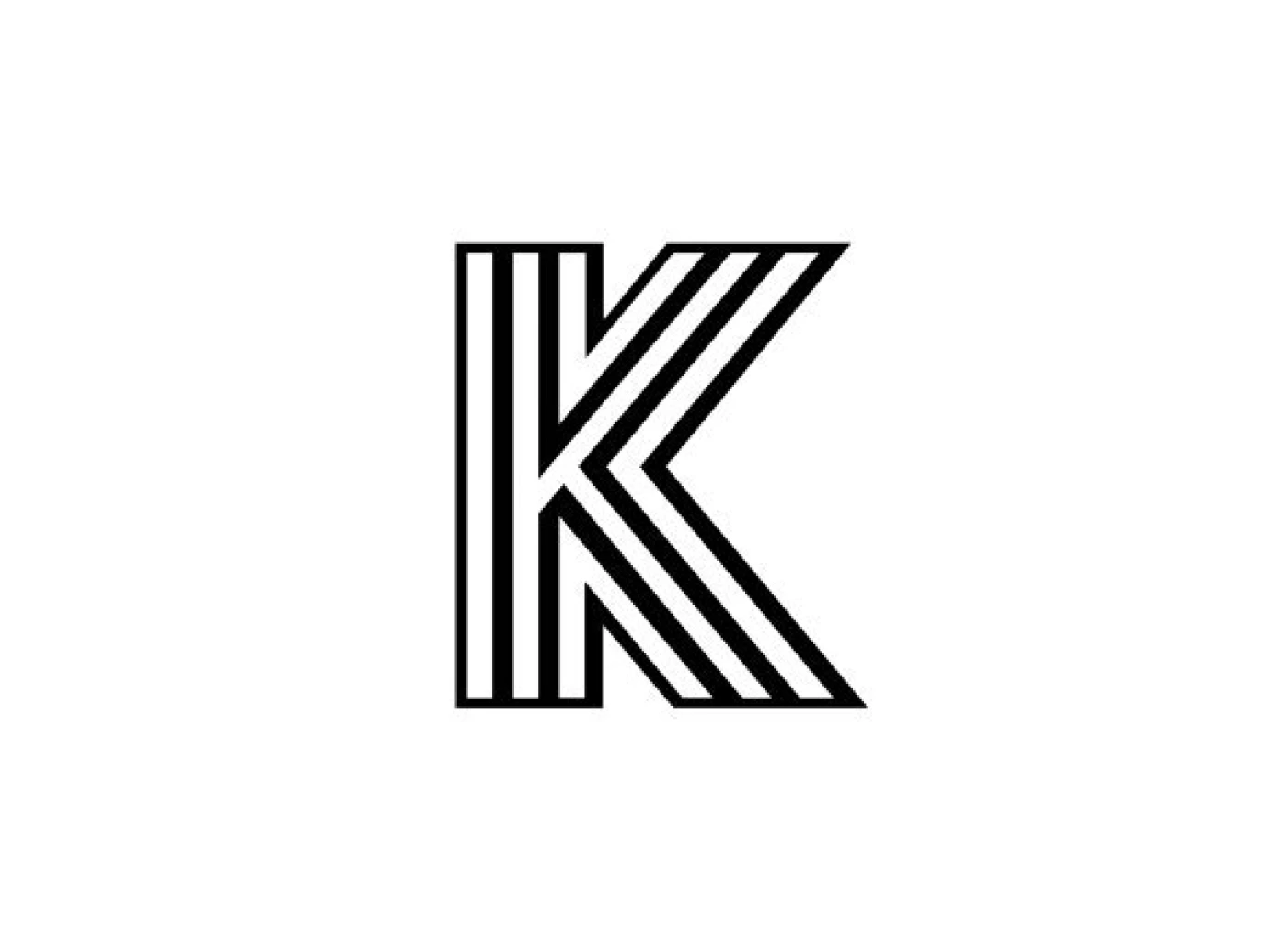A job interview can be a nerve-wracking experience, especially when it comes to discussing your weaknesses. Many candidates struggle with addressing weaknesses in a job interview, fearing that it may hurt their chances of getting the role. However, with the right approach, discussing your weaknesses can actually work in your favor.
In this article, we will discuss how to speak to job interview weaknesses and provide tips on how to turn your weaknesses into strengths.
Why Do Employers Ask About Weaknesses?
Before we dive into how to speak to weaknesses, it's important to understand why employers ask about them in the first place. Employers want to get a better understanding of your self-awareness and how you handle challenges. They also want to see if you have the ability to reflect on your weaknesses and take steps to improve them.
By asking about your weaknesses, employers are also looking for honesty and authenticity. They want to see if you are willing to be vulnerable and open about areas where you may need improvement.
How to Identify Your Weaknesses
The first step in speaking to weaknesses for a job interview is identifying them. This can be a challenging task, as many people struggle with acknowledging their weaknesses. Here are a few tips to help you identify your weaknesses:
Reflect on past feedback: Think about any feedback you have received from previous employers, colleagues, or mentors. Is there a common theme or area for improvement that has been mentioned?
Take a skills assessment: There are many online skills assessments that can help you identify your strengths and weaknesses. These assessments can provide valuable insight into areas where you may need improvement.
Consider your past experiences: Think about any challenges or obstacles you have faced in your previous roles. How did you handle them? Were there any areas where you struggled?
Ask for feedback: If you have a good relationship with a previous employer or colleague, consider asking them for honest feedback on your strengths and weaknesses.
How To Speak To Weaknesses For a Job Interview
Now that you have identified your weaknesses, it's time to learn how to speak to them in a job interview. Here are some tips to help you navigate this question:
Be Honest and Authentic
The most important thing to remember when discussing your weaknesses is to be honest and authentic. Employers can usually tell when a candidate is being insincere. Instead, be genuine and open about areas where you may need improvement.
Show Self-Awareness
Employers want to see that you have self-awareness and can reflect on your weaknesses. When discussing your weaknesses, be sure to explain how you have identified them and what steps you are taking to improve. This demonstrates awareness as well as an active plan for self-improvement.
Use Specific Examples
When discussing your weaknesses, it's important to provide specific examples to back up your statements. This not only shows that you are being honest, but it also allows the employer to see how you have handled your weaknesses in the past. For example, if you struggle with public speaking, you could mention a time when you had to give a presentation and how you prepared for it.
Focus on How You Are Improving
While it's important to acknowledge your weaknesses, it's equally important to focus on how you are improving them. This shows that you are proactive and have a growth mindset. Be sure to mention any steps you are taking to improve, such as taking a course or seeking mentorship.
Avoid Generic Answers
When discussing your weaknesses, it's important to avoid generic answers such as "I'm a perfectionist" or "I work too hard." These answers are overused and can feel insincere. Instead, be specific and provide examples that are relevant to the job you are applying for.
How to Turn Your Weaknesses into Strengths
One way to speak to weaknesses in a job interview is to turn them into strengths. Here are some tips to help you do this:
Show How You Have Overcome Your Weaknesses
One way to turn your weaknesses into strengths is to show how you have overcome them in the past. For example, if you struggled with time management in the past, you could mention how you implemented a new system or utilized a project management tool to better manage your time and improve your productivity.
Highlight Transferable Skills
Another way to turn your weaknesses into strengths is to highlight transferable skills. For example, if you struggle with public speaking, you could mention how you have honed your communication skills through writing or leading team meetings.
Emphasize Your Willingness to Learn
Employers want to see that you are willing to learn and grow. When discussing your weaknesses, be sure to emphasize your willingness to learn and improve. This shows that you are open to feedback and are committed to self-improvement.
What Are “Good” Weaknesses For a Job Interview?
At the end of the day, your weaknesses are unique to you. However, if you’re struggling to identify a few common weaknesses to turn into strengths, here are some real-world examples:
Example 1: Time Management
Weakness: "In the past, I have struggled with time management. I would often take on too many tasks and end up feeling overwhelmed and stressed."
Turning it into a strength: "However, I have implemented a new system where I prioritize my tasks and set realistic deadlines for myself. This has greatly improved my time management skills and has allowed me to be more productive and efficient in my work."
Example 2: Public Speaking
Weakness: "I have always been a bit nervous when it comes to public speaking. In the past, I would often stumble over my words and lose my train of thought."
Turning it into a strength: "However, I have been actively working on my public speaking skills by taking a course and practicing in front of friends and family. I have also found that my written communication skills have greatly improved, which has helped me better articulate my thoughts during presentations."
Discussing your weaknesses in a job interview can be intimidating, but with the right approach, it can actually work in your favor. By being honest, showing self-awareness, and highlighting your willingness to learn and improve, you can turn your weaknesses into strengths and impress potential employers. Remember to be specific and provide examples to back up your statements, and you'll be well on your way to acing your next job interview.
Justworks PEO & Payroll Solutions
If you're interviewing, you should be considering the employer as well. One weakness to look for? Not using an employee-friendly tool to manage payroll and HR. Ask the hiring manager if they use Justworks, an all-in-one platform.
Like other PEOs, Justworks will help you save significantly on employee benefits, automate your payroll, and help with certain employment-related compliance. Unlike other PEOs though, we've gone out of our way to build amazing software, with fair and transparent pricing.
To learn more about Justworks PEO, get started today.
Check out our newsletter
Monthly tips on running a business in your inbox.
Check out our newsletter

Learn more with Justworks’ Resources
Scale your business and build your team — no matter which way it grows. Access the tools, perks, and resources to help you stay compliant and grow in all 50 states.









